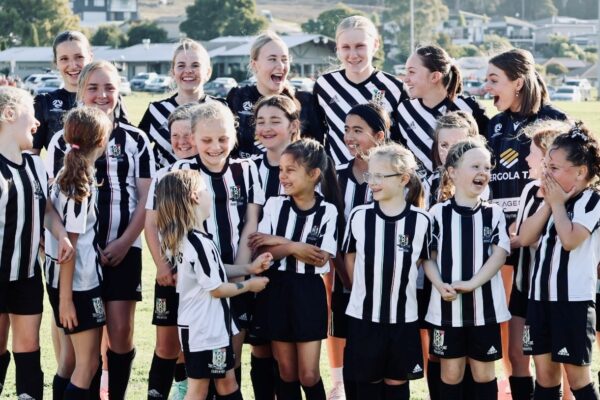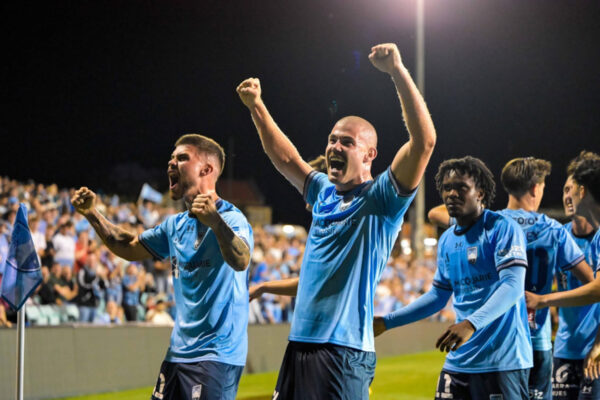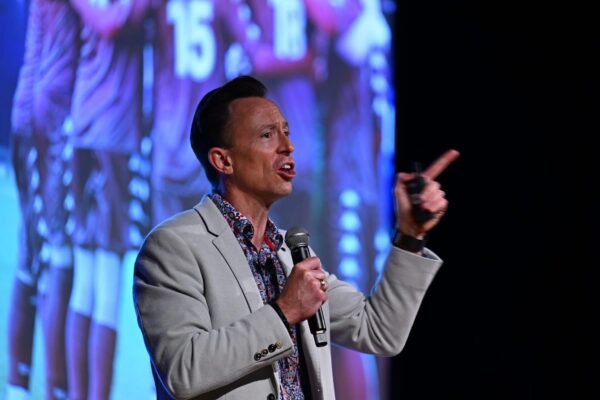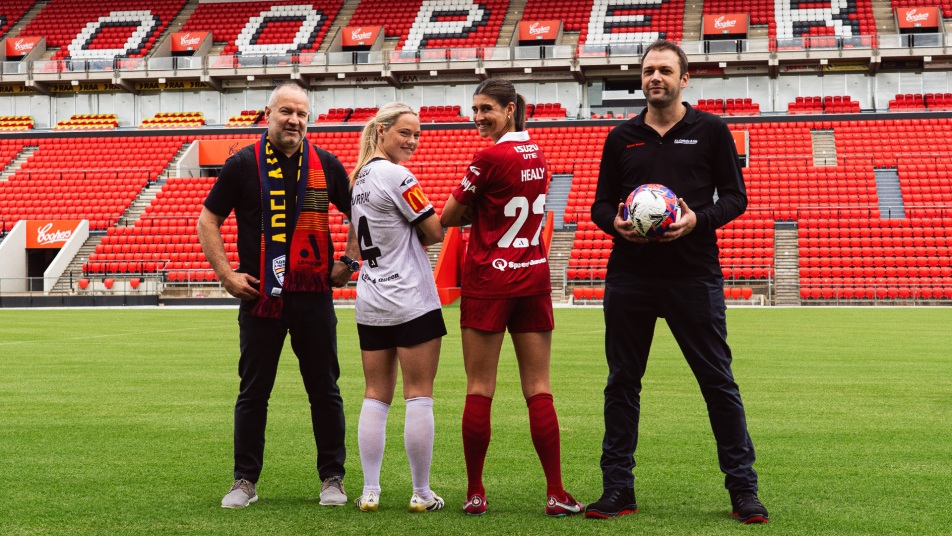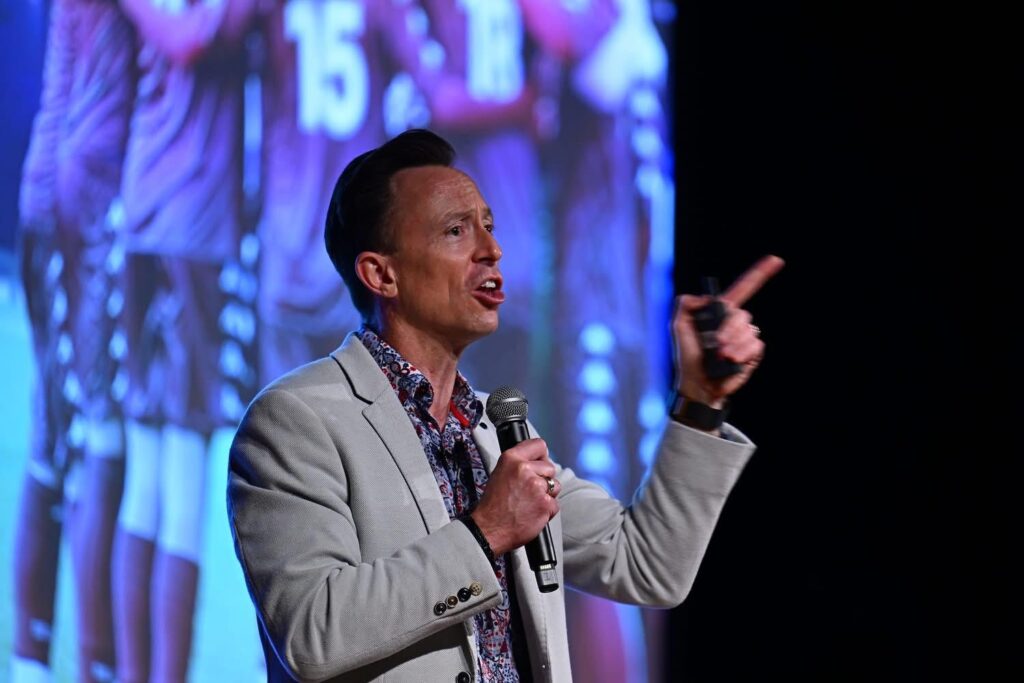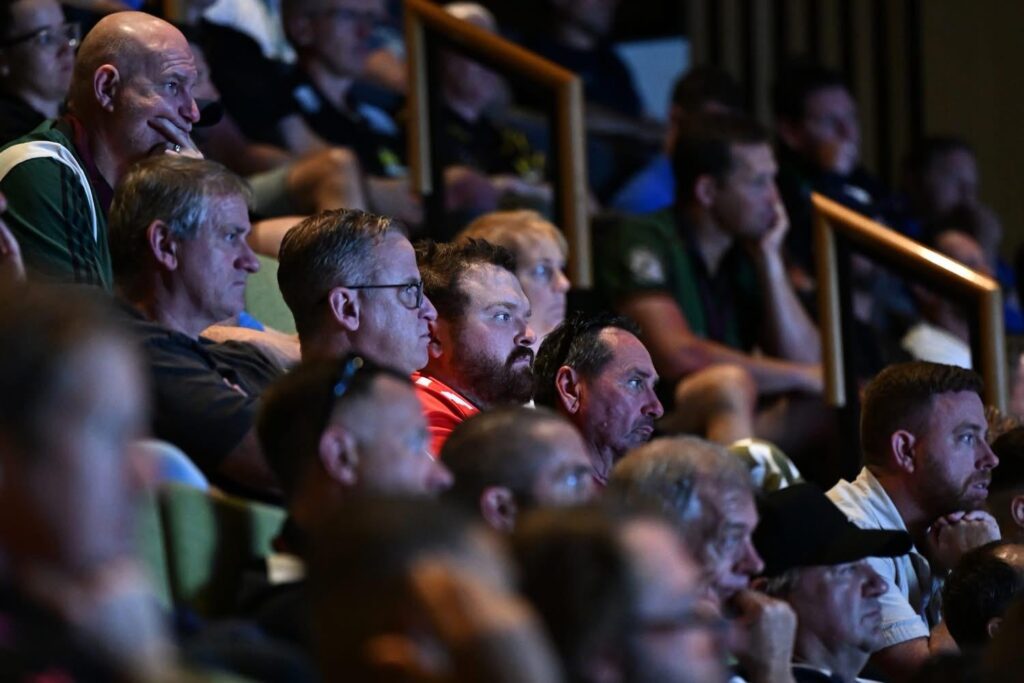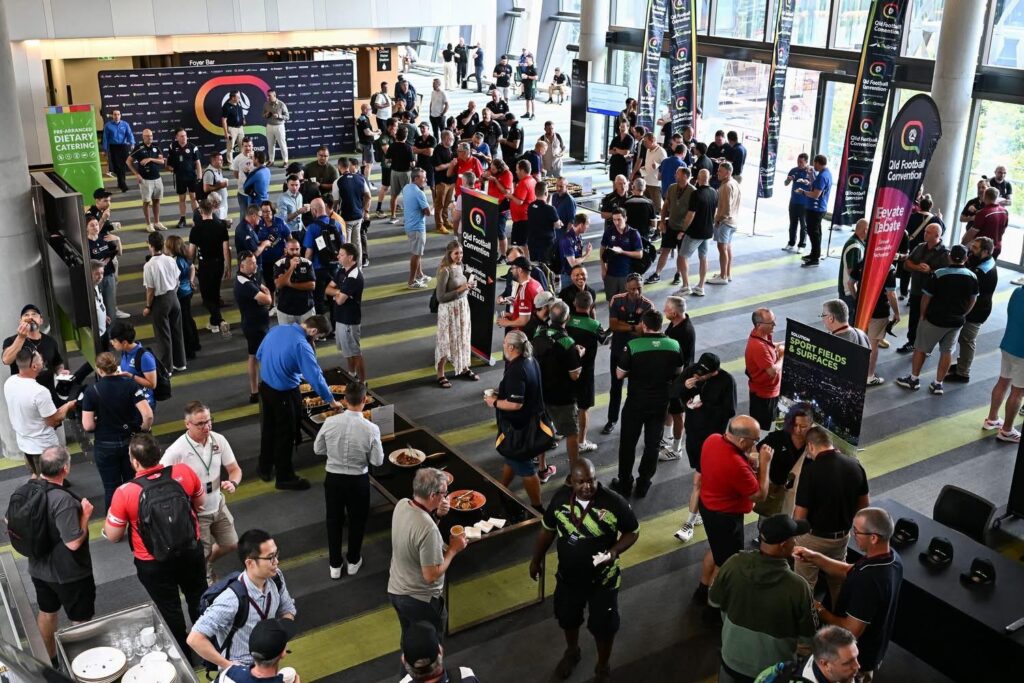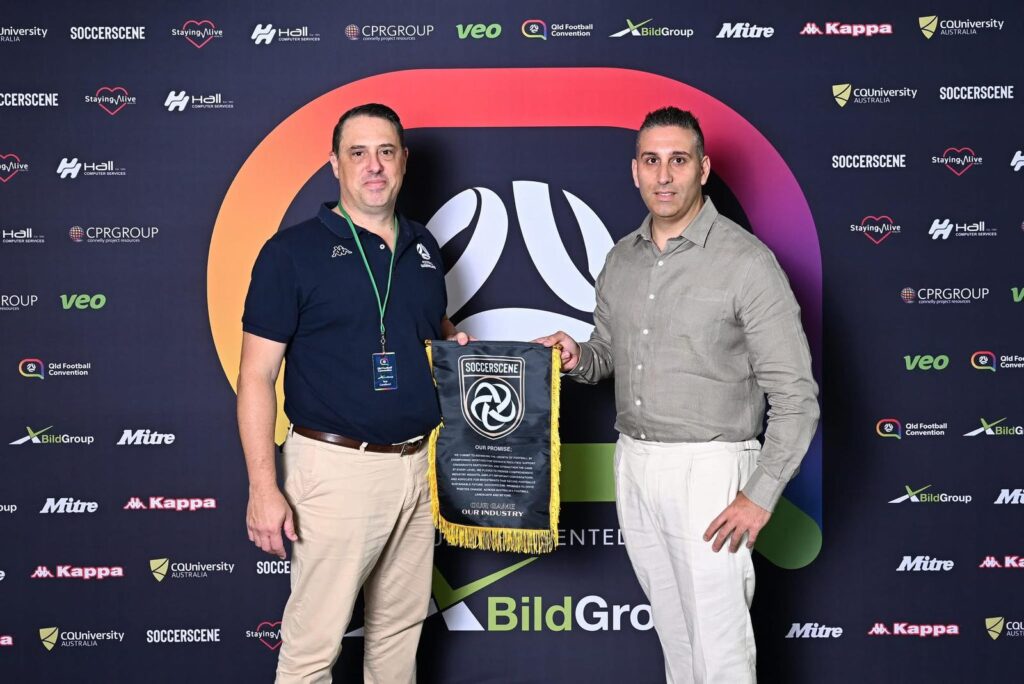
Former Japanese soccer star Keisuke Honda has scored another win off the pitch, his venture capital firm, X&KSK Fund, has secured $158 million to invest in tech start-ups specialising in AI and cutting-edge business solutions.
Over 20 investors are supporting Honda’s fund, including prominent Japanese financial institutions like Sumitomo Mitsui Banking Corp, Nomura Holdings, and SBI Holdings. Notably, SBI Holdings and SBI Shinsei Bank have contributed a combined $20.46 million (¥2 billion), making them the fund’s largest stakeholders.
Shohei Yamada, a partner at SBI Investment, highlighted that the goal of this investment is to expand its network of international investors and promote Japanese start-ups. In Japan, where the number of so-called “unicorn” companies—those valued at over $1.61 billion—remains limited, this initiative represents a significant step forward for the local start-up ecosystem.
Keisuke Honda, known for his stellar performances at CSKA Moscow, AC Milan, and three consecutive World Cups, has been expanding his business ventures. Together with American actor Will Smith, he co-founded Dreamers VC. His goal is to create a “decacorn”—a private company valued at over $16.17 billion in Japan.
Honda is aware establishing a decacorn is rare in Japan, however, he is assertive it can be achieved.
“I’m aware that creating a decacorn in Japan is a very difficult challenge, but considering what the Japanese have already achieved, I believe it is possible,” he said via email interview.
The former AC Milan midfielder recognized that his soccer fame opens doors to profitable investment opportunities. He also pointed out that, unlike in the U.S., celebrities in Japan are typically reluctant to openly talk about their investments.
Although the number of start-ups in Japan is on the rise, the country still falls short in producing unicorns. A report from Japan’s Ministry of Economy, Trade, and Industry highlights that fostering start-up growth requires improved access to significant funding.
In 2022, Japanese start-ups raised a record ¥978.2 billion (10.01 billion AUD), but this figure dropped to ¥803.9 billion (8.22 billion AUD) in the following year. Despite the decline, it still represents a fivefold increase compared to 2014.
The X&KSK Fund seeks to back innovative projects and promote cutting-edge technologies. This initiative marks a significant milestone for Keisuke Honda and Japan’s emerging start-up ecosystem, bringing fresh momentum to its expansion.
Keisuke Honda’s involvement in the X&KSK Fund represents a significant shift in how athletes, especially football players, are positioning themselves within the broader business and tech world.
Historically, athletes, particularly in football, have often focused on careers post-retirement that include media ventures, sponsorships, or brand endorsements. However, Honda’s active role in venture capital, particularly in sectors like AI and tech innovation, signals a new wave of athlete entrepreneurs taking a more hands-on approach in shaping the future industries.
This shift is particularly important because football players, given their fame and influence, have the potential to leverage their personal brands to foster meaningful change within industries beyond sports.
Players such as Honda, who have gained global recognition, can access exclusive investment opportunities that might otherwise be difficult to reach for traditional investors.
By actively participating in initiatives like Dreamers VC, Honda is not just a figurehead—he’s an active contributor to the creation of business ecosystems that can have a lasting impact on both the tech industry and Japan’s start-up scene.
Moreover, for footballers, particularly those who achieve global success, such investments can be a smart way to secure long-term financial stability post-retirement, as they can often face a shorter career span.
The increased involvement of athletes in high-level investments allows them to diversify their portfolios and contribute to industries that influence the future of society. This trend is beginning to reshape how sports figures are perceived, from being athletes to being influential business leaders and investors.



